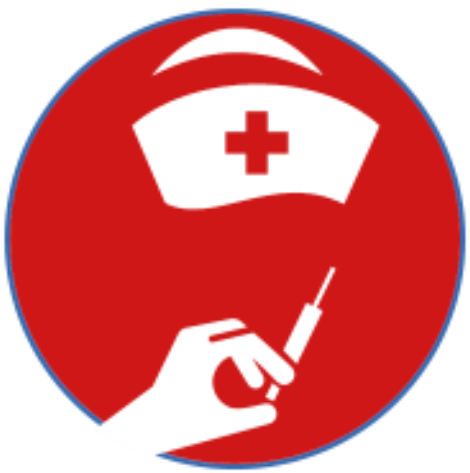Purpose
The purpose of this debriefing is to re-examine the experience completing the Week 4 iHuman Neurovascular Assessment assignment while engaging in dialogue with faculty and peers. In the debriefings, students:
- Reflect on the simulation activity
- Share what went well and consider alternative actions
- Engage in meaningful dialogue with classmates
- Express opinions clearly and logically, in a professional manner
Course Outcomes
This debriefing enables the student to meet the following course outcomes:
CO 2: Differentiate between normal and abnormal health assessment findings. (PO 4)
CO 3: Describe physical, psychosocial, cultural, and spiritual influences on an individual’s health status. (PO 1)
CO 4: Demonstrate effective communication skills during health assessment and documentation. (PO 3)
Directions
- Debriefing is an activity that involves thinking critically about your own experiences related to the virtual simulation you completed. In debriefings students:
- Demonstrate understanding of concepts for the week
- Engage in meaningful dialogue with classmates and/or instructor
- Express opinions clearly and logically, in a professional manner
- Use the rubric on this page as you compose your answers.
- Scholarly sources are NOT required for this debriefing
- Best Practices include:
- Participation early in the week is encouraged to stimulate meaningful discussion among classmates and instructor.
- Enter the debriefing often during the week to read and learn from posts.
- Select different classmates for your reply each week.
Debriefing
Use the following format to reflect on the Week 4 iHuman Neurovascular Assessment assignment. This was the Athena Washington case.
- Paragraph One: What went well for you in the simulation? Provide examples of when you felt knowledgeable and confident in your skills. Do you feel the scenario was realistic? Why or why not?
- Paragraph Two: What would you do differently next time? Describe at least one area you identified where improvements could be made. Were you surprised by any of the feedback you were provided by iHuman? If yes, please explain.
- Paragraph Three: What did you learn from this simulation? Or, what did this simulation reinforce that you found valuable? Do you have any questions related to the scenario?
ANSWER
This simulation was a much needed refresher course to refresh my stroke scale skills, as a med/surg nurse the stroke patient we typically see do not have much of any deficits. Patients that come in as brand new strokes typically go to PCU or ICU if they require TPA. Now that I have transitioned to PCU I have only taken care of one new stroke so it was good to have this simulation. I would say overall I did pretty well with this simulation, I feel confident with pick out the key abnormal assessments, and doing well with the physical assessment. It was very realistic when it came to the patients symptoms, making sure it gave us our last known “well” time so we knew that TPA could not…. To continue reading, use the purchase button below.
